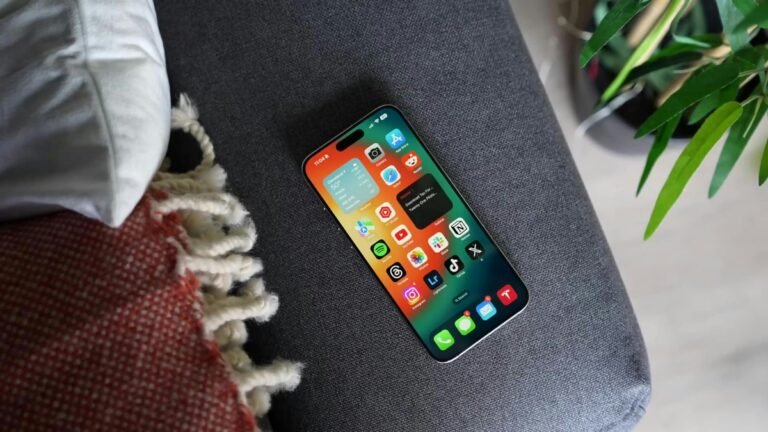Apple’s iPhone 16, launched with much anticipation, has left investors and consumers underwhelmed, in the wake of Chinese tech giant, Huawei, launching its groundbreaking tri-fold Mate XT smartphone.
Apple shares fell 1.7% on Tuesday, 10th September, despite it unveiling the iPhone 16 a day before. The latest iPhone features AI-powered functionalities but with limited external design changes.
The iPhone 16 boasts hardware-level integration for AI-driven features, including enhancements to Siri and the phone’s camera, branded as “Apple Intelligence.” However, these AI capabilities will only be available in beta form on U.S. iPhones next month, with a wider rollout expected “later this year” and “early next year.” The vague timeline, combined with the lack of immediate AI features, has left some customers hesitant about upgrading to the new device.
The company has yet to provide specific details about when the AI functions would move beyond the testing phase, nor has it announced any partnership with China to bolster its AI efforts.
The absence of AI features in the Chinese version of the iPhone 16 drew criticism on social media, with the hashtag “iPhone 16 Chinese version doesn’t support AI yet” garnering over 11 million views on Weibo. Many users expressed disappointment, and opinions ranged from, “What’s the point of buying it if you can’t use AI?” to, “Without AI as the biggest selling point, it should be half price.”
Apple has chosen not to increase the prices of the iPhone 16, which analysts saw as a smart move given the current economic climate and consumer reluctance to spend on high-priced gadgets. The iPhone 16 starts at $799, while the premium Pro Max version is priced at $1,199.
In stark contrast, Huawei’s tri-fold Mate XT, unveiled just hours after Apple’s event, comes with a hefty price tag of $2,800 but has already generated over 4 million pre-orders, according to Huawei’s website.
See Also: Huawei unveils $2,800 Mate XT tri-fold smartphone, in push to dominate high-end market
Huawei’s success, despite U.S. sanctions, has been particularly evident in China, where it has overtaken Apple in smartphone sales. Huawei’s smartphone launches in recent months have cemented its standing in the high-end market, while Apple’s ranking in China has dropped from third to sixth place.
According to Canalys, iPhone shipments in China fell by 6.7% in the second quarter of 2024, highlighting Apple’s growing challenges in the world’s second-largest economy.




